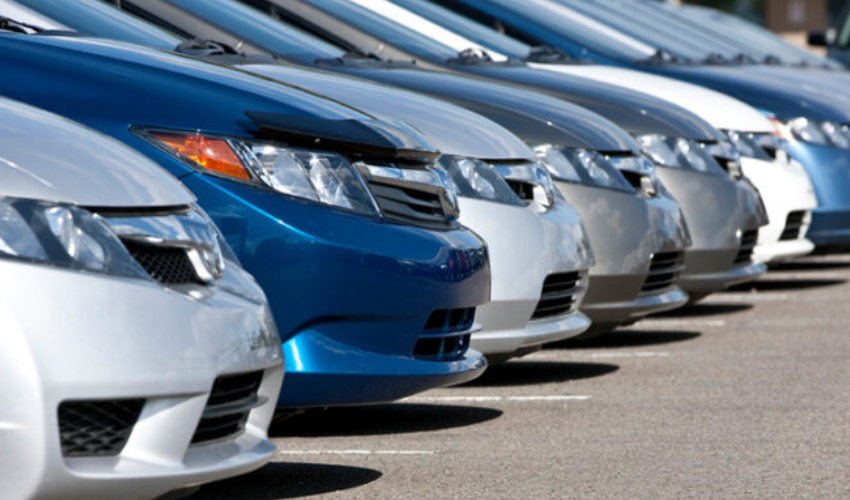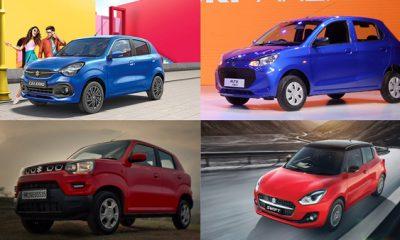Business
Budget Cars on the Rise: A Wake-Up Call for Luxury Brands in South Africa

South Africa’s car market is undergoing a seismic shift as consumers increasingly opt for budget-friendly vehicles over luxury brands like BMW, Mercedes-Benz, and Audi. Rising costs, stagnant wages, and competitive pricing from emerging brands like Suzuki and GWM are reshaping the automotive landscape.
Why South Africans Are Downgrading
Economic pressures are at the heart of this transformation. The average light vehicle in South Africa costs nearly R530,000, requiring a monthly income of R39,000 to finance comfortably. However, Statistics South Africa reports an average wage of just R27,450, making luxury cars unattainable for many.
In response, automakers have introduced flexible financing options such as balloon payments and extended payment terms. Yet, the appeal of budget-friendly alternatives remains strong, especially as Chinese and Indian brands offer vehicles with premium features at lower prices.
Luxury brands have been hardest hit. Over the past decade, combined sales for BMW, Mercedes-Benz, and Audi have dropped by a staggering 63.5%. Consumers are delaying upgrades, with the average ownership cycle extending from five to seven years.
Brands like Suzuki, GWM, and Haval are capitalizing on this trend. Suzuki’s Swift hatchback, for instance, has seen a remarkable 41.1% year-on-year growth, securing the brand’s position as South Africa’s third-largest light vehicle seller.
Challenges for the Automotive Industry
South Africa’s reliance on imported vehicles adds complexity. While imports from cost-efficient hubs like China and India offer affordable options, they also pressure local manufacturing.
To address these challenges, policymakers are exploring:
- Reduced Import Duties: Lowering duties to make vehicles more affordable and stimulate demand.
- Local Production: Encouraging domestic manufacturing of affordable electric and hybrid vehicles.
A Changing Market Landscape
This shift in consumer preferences signals both challenges and opportunities. Budget brands are gaining ground, while luxury manufacturers must innovate to stay relevant. Collaboration between the government and industry stakeholders is crucial for ensuring the sector’s resilience.
As South Africa’s automotive market evolves, adaptability will be key to navigating this new landscape. Whether through policy changes or innovative strategies, the industry must align with the economic realities of South African consumers.
Follow Joburg ETC on Facebook, Twitter and Instagram
For more News in Johannesburg, visit joburgetc.com

















